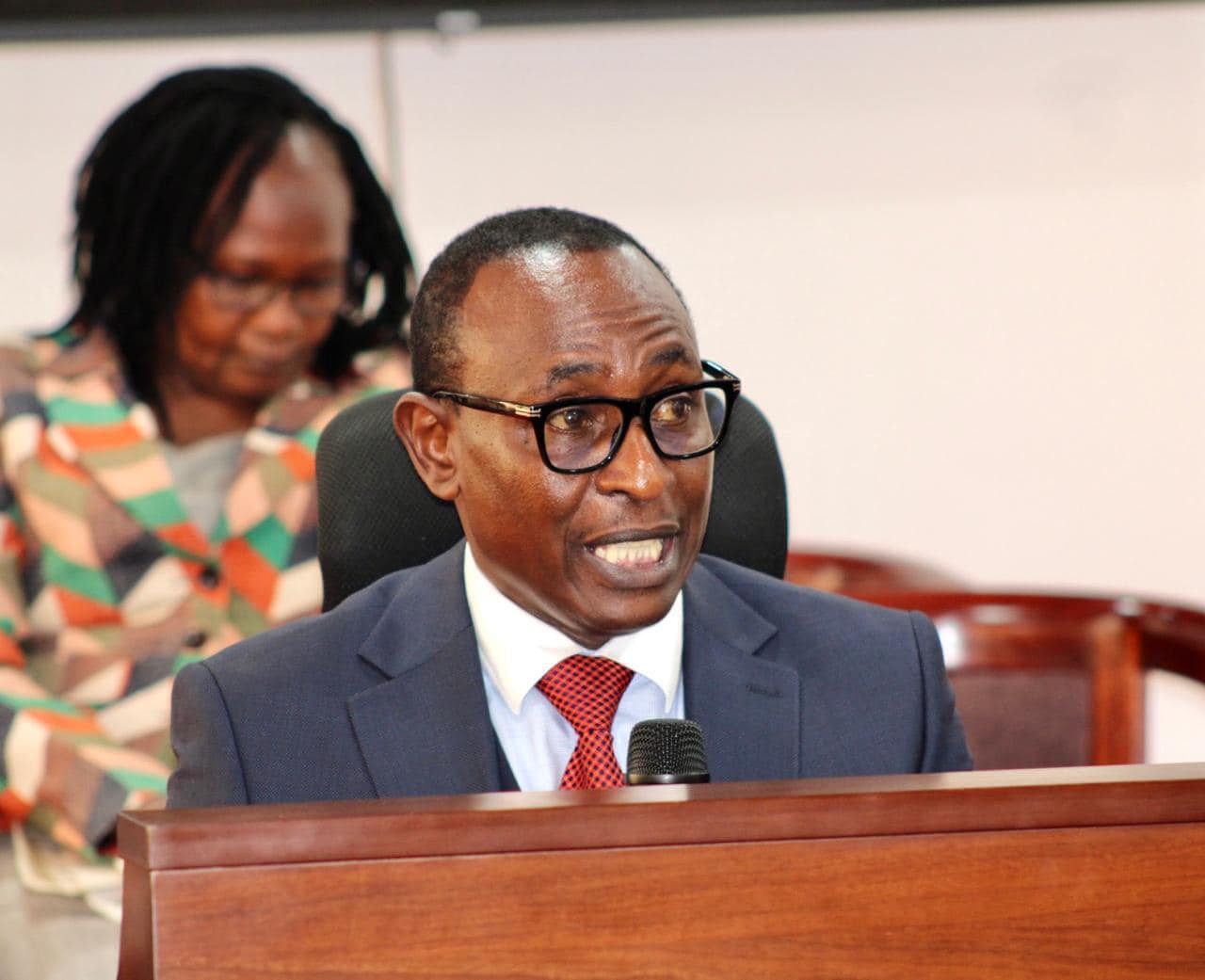
MPs castigate slow prison reforms, demand urgent action on inmate welfare and rising scams » Capital News
NAIROBI, Kenya, Apr 23 – Members of Parliament have raised alarm over the slow pace of reforms in the Kenya Prisons Service, citing deteriorating living and working conditions, alleged misuse of prison land, and an upsurge of scams operated from behind bars.
The Chair of the National Assembly’s Constitutional Implementation Oversight Committee (CIOC), Eric Karemba (Runyenjes), pressed Commissioner General Patrick Aranduh on the legal basis of inmate labor.
The house team chair questioned whether prisoner work is rehabilitative or exploitative.
The Commissioner General of prisons, Patrick Aranduh, defended the current system, pointing to the ongoing implementation of the Persons Deprived of Liberty Act. He insisted that prison land is fully utilized and that inmate labor is part of rehabilitation, not commercial production.
“We have no idle land; it’s all engaged. Inmates work as part of rehabilitation, not for production,” he asserted.
However, Embakasi Central MP Mejja Donk Benjamin raised concerns over transparency in the use of prison-generated income, calling for a forensic audit of the Appropriations-in-Aid (AiA) account.
“Scamming is rampant, and it’s eroding public trust. What concrete steps are being taken to tackle this?” he asked.
Nambale MP Geoffrey Mulanya urged for a structured policy that equips inmates with economic skills post-incarceration, citing international examples like China.
“Prisoners can be a productive asset. In China, they contribute to economic growth while gaining valuable skills. What’s your policy framework?” asked Mulanya.
Tiaty MP William Kamket warned of rampant scams within prisons, calling for technology-driven monitoring and tighter internal controls.
Aranduh acknowledged the issue but failed to provide a concrete solution,he instead noted ongoing efforts with the Judiciary to reduce overcrowding by redistributing inmates based on offense severity.
Maragua MP Mary Wamaua painted a grim picture of inmate and officer conditions, criticizing the lack of basic necessities and questioning why prison staff don’t receive hardship allowances like teachers.
“Our prisoners are in tatters, barely clothed. And our officers are living in hardship. Why can’t they get allowances like teachers do?” she questioned.
Aranduh admitted budget constraints, saying uniform distribution is underway but inconsistent, and that allowances follow existing public service guidelines.
“We’ve distributed new uniforms nationwide, but the current budget can’t provide for every inmate consistently. As for hardship allowances, they’re only provided where public service guidelines allow,” he stated.
Deputy Commissioner General added that partnerships for inmate education and vocational training are part of ongoing reform efforts, with the long-term goal of implementing the Moody Awori recommendations.
“Before we can transform prisons, we must first address the underlying causes of criminal behavior. Rehabilitation must begin with readiness,” she said.